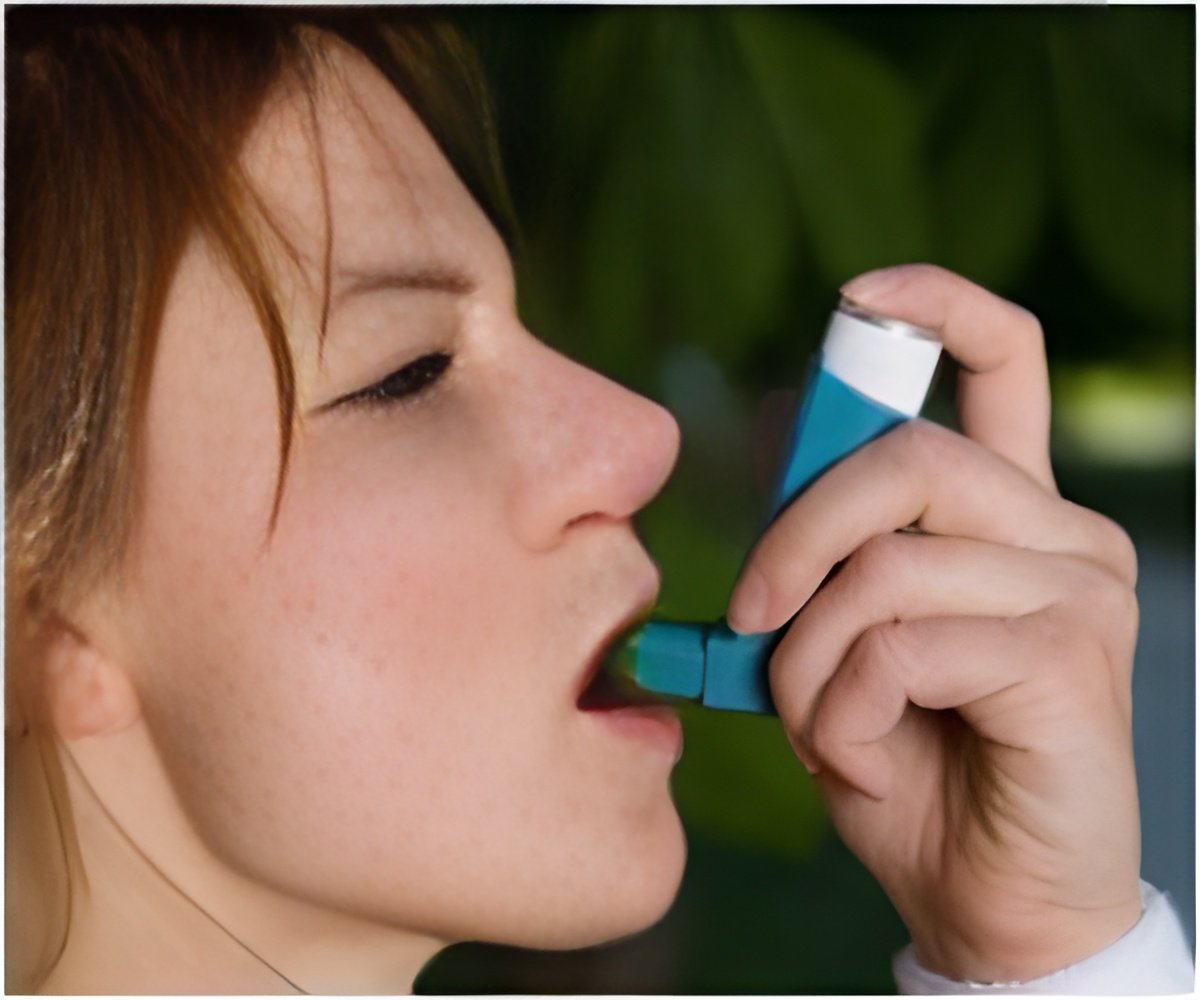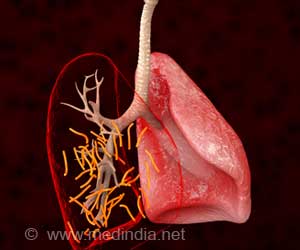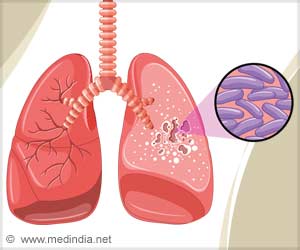New research brings hope of a novel treatment for asthma patients resistant to corticosteroids.

T lymphocytes and NH cells in the asthmatic lung produce proteins named interleukin (IL)-5 and IL-13 that are responsible for severe airway inflammation. In asthma patients, inhaled steroids function by suppressing both T lymphocytes and NH cells.
However, in severe asthma patients, another protein called interleukin-33 (IL-33) produced in the airways strongly activates NH cells to produce IL-5 and IL-13, leading to severe airway inflammation.
In the current study, the researchers led by Drs Shigeo Koyasu from RIKEN and Koichiro Asano from Keio University, employed an experimental mouse model for airway inflammation to study the pathway leading to IL-33-mediated NH activation. Their research shows that NH resistance to steroids is induced by the protein thymic stromal lymphopoietin (TSLP), present in the airways of severe asthma patients.
The team tested reagents that block the intracellular signals triggered by TSLP in NH cells. They identified one drug, Pimozide, an approved anti-psychotic drug, that restored the effects of steroids on NH cells.
The authors concluded saying that administration of Pimozide or related drugs would be an effective treatment in human severe asthmatic patients.
Advertisement
Source-ANI














